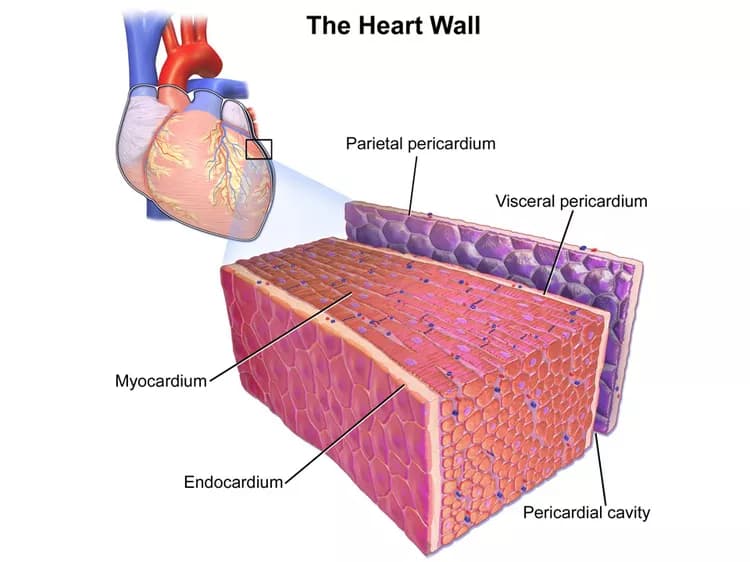
Folic Acid Fortified Food Linked To Decline In Congenital Heart Defects
Food fortified with folic acid, a B vitamin required in human diets for numerous biological functions, was associated with reduced rates of congenital heart defects, according to new research in the American Heart Association's journalCirculation.
"Our study examined the effect of folic acid food fortification on each specific subtype of congenital heart disease based on the Canadian experience before and after food fortification was made mandatory in 1998," said K.S. Joseph, M.D., Ph.D., the study's senior author and professor in the Department of Obstetrics and Gynecology and the School of Population and Public Health at the University of British Columbia in Vancouver, Canada.
Controlling for influences such as maternal age, multiple births (twins, triplets), pregnancy complications, prenatal diagnosis and pregnancy terminations, researchers analyzed data from nearly 6 million Canadian births from 1990 to 2011 and found that folic acid food fortification was associated with an 11 percent reduction in rates of congenital heart defects overall.
They also found that the beneficial effects of folic acid were evident in some subtypes of congenital heart defects but not others, such as a:
27 percent reduction in conotruncal defects, or severe heart outflow tract abnormalities; 23 percent reduction in coarctation of the aorta -- a narrowing of the major artery (the aorta) that carries blood to the body; 15 percent reduction in atrial and ventricular septal defects -- holes in the wall separating heart chambers; however, no changes were seen with regard to chromosomally associated defects -- abnormality in the number of an infant's chromosomes.
Canada mandated adding folic acid to all types of flour, enriched pasta and cornmeal, primarily aimed at preventing neural tube defects in 1998. The study's findings are applicable to the U.S. population because food fortification with folic acid was implemented at approximately the same time and levels in the U.S. as Canada because of the North American Fair Trade Agreement of 1994, Joseph said.
Folic acid is especially important for rapid cell division and growth, for instance, when blood is being formed and in pregnancy when the fetus is growing rapidly. Folate deficiency can result in several different complications -- the most important of these are neural tube defects (such as spina bifida, an abnormality of the spine and spinal cord) in babies and anemia (in which the number and function of red blood cells is affected leading to an inability of the blood to carry sufficient oxygen).
Joseph added that women who are likely to get pregnant should start taking folic acid supplements before getting pregnant as they may not necessarily receive adequate folate from diet alone.
It is estimated that there are about 650,000 to 1.3 million children and adults living with congenital heart disease in the United States. Ventricular septal defects are the most common type of defect in children and account for nearly 620,000 of the cases.
The above post is reprinted from materials provided by American Heart Association. Note: Content may be edited for style and length.
Disclaimer: DoveMed is not responsible for the adapted accuracy of news releases posted to DoveMed by contributing universities and institutions.
Primary Resource:
Liu, S., Joseph, K. S., Luo, W., León, J. A., Lisonkova, S., Van den Hof, M., ... & Kramer, M. S. (2016). Effect of Folic Acid Food Fortification in Canada on Congenital Heart Disease SubtypesClinical Perspective. Circulation,134(9), 647-655.
Related Articles
Test Your Knowledge
Asked by users
Related Centers
Related Specialties
Related Physicians
Related Procedures
Related Resources
Join DoveHubs
and connect with fellow professionals

0 Comments
Please log in to post a comment.